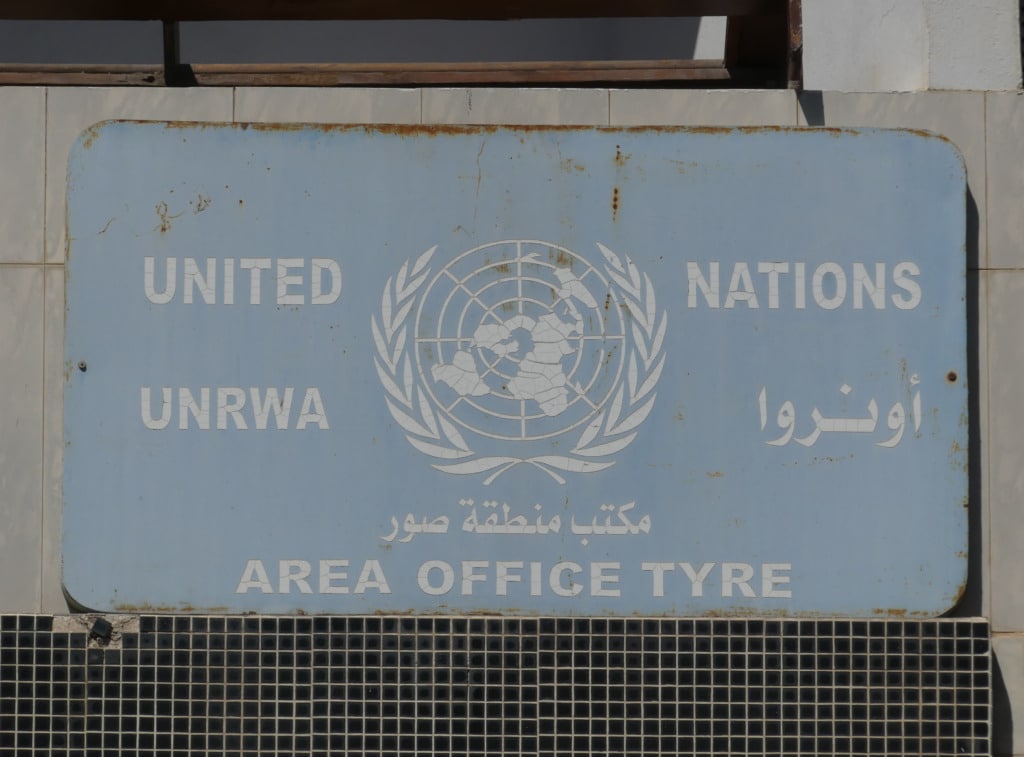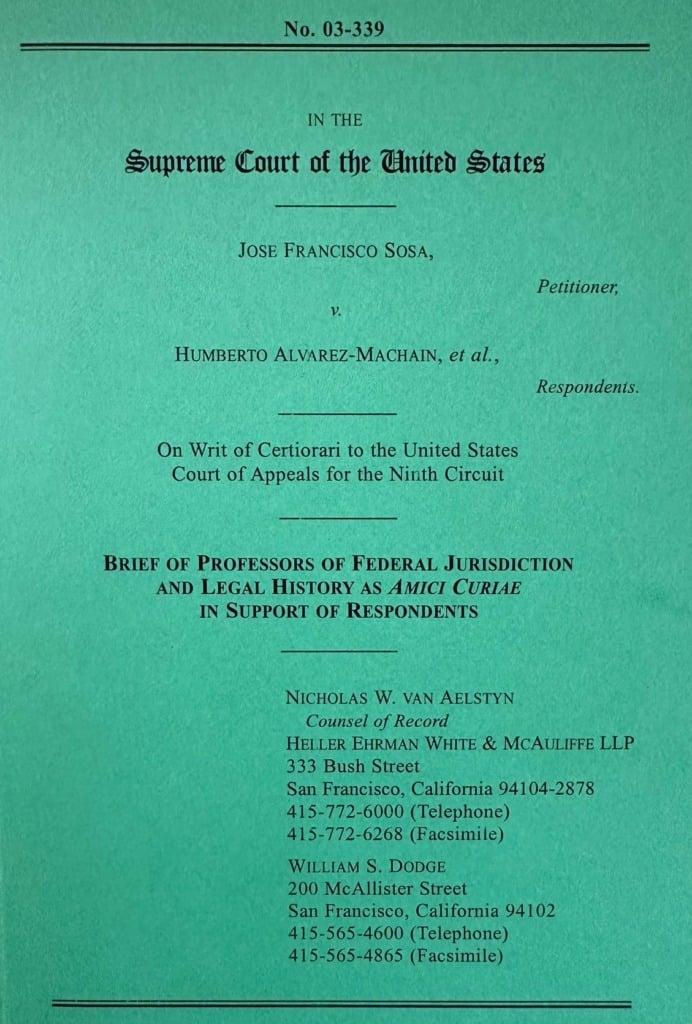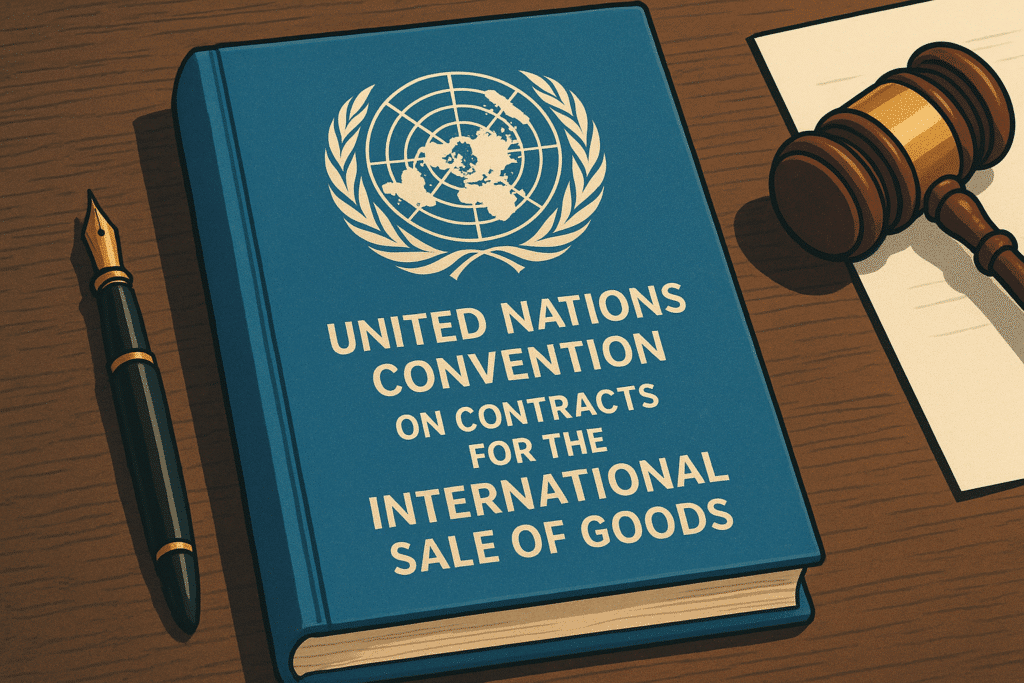Ninth Circuit Denies Rehearing En Banc in Cassirer
The legal saga surrounding the Cassirer family’s attempt to reclaim a Camille Pissarro painting seized by the Nazis has taken another step. Litigation in Cassirer v. Thyssen-Bornemisza Collection Foundation has bounced among the Central District of California, the Ninth Circuit, the California Supreme Court, and the Supreme Court of the United States. (For more coverage…
Continue ReadingVictims of Hamas sue UNRWA
Victims of the October 7, 2023, attacks by Hamas have sued UNRWA USA, a Delaware non-profit that provides aid for Palestinians in Gaza. The case is one of several involving the war in Gaza, including one filed by residents of Gaza against the Biden administration and one brought by victims of Hamas against the National…
Continue ReadingDesperately Seeking Interlocutory Appeal
Despite some excellent opinions correctly interpreting the Hague Service Convention (HSC) and Rule 4(f)(3) in recent years, the district courts continue to be deeply divided on recurring questions of international service of process, in particular the permissibility of service by email or by other electronic means. Bill Dodge and I think such questions are clearly…
Continue ReadingWhat Does Overruling Chevron Mean for Transnational Litigation?
For the past forty years, under Chevron U.S.A. Inc. v. Natural Resources Defense Council (1984), courts have deferred to an agency’s interpretation of a federal statute when the statute is ambiguous and the agency’s interpretation is reasonable. On June 28, 2024, the U.S. Supreme Court overturned Chevron. In Loper Bright Enterprises v. Raimondo, the Court…
Continue ReadingHappy Fourth of July!
The editors at TLB wish you and yours a safe and happy Fourth of July.
Continue ReadingNew Scholarship on State Laws Limiting the Activities of Foreigners
States are important actors in U.S. foreign relations. TLB has, for example, covered New Jersey’s efforts to sanction Russia, Florida’s restrictions on alien ownership of property, and state court litigation on climate change, as well as state procedural law on forum non-conveniens and other topics. In the near term, litigation that challenges state regulation…
Continue ReadingGreat Lakes in Action
On February 21, 2024, the U.S. Supreme Court decided Great Lakes Insurance SE v. Raiders Retreat Realty Co., LLC. Loyal readers will remember (see here and here and here and here) that this case presented the question of what test to apply to determine the enforceability of a choice-of-law clause governed by federal maritime law….
Continue ReadingVirtual Workshop: Beyond the Presumption Against Extraterritoriality
Next Tuesday (July 2), TLB Editor Maggie Gardner will present at the Hamburg Max Planck Institute’s virtual monthly Current Research in Private International Law workshop. The talk, which is open to the public (register here), will begin at 8:00 am EST and will be followed by an open discussion. Here is a description of Maggie’s…
Continue ReadingThrowback Thursday: Sosa v. Alvarez-Machain
On June 29, 2004, two decades ago, the Supreme Court decided Sosa v. Alvarez-Machain, recognizing an implied cause of action under the Alien Tort Statute (ATS) for violations of human rights norms that are generally accepted and specifically defined. In this post, I look back at Sosa and discuss what has happened in ATS litigation during…
Continue ReadingChoice of Law and the CISG
Last week, I wrote about a New York case in which the court and the litigants failed to recognize the applicability of the United Nations Convention on Contracts for the International Sale of Goods (CISG). In today’s post, I discuss a case decided by a federal court in Rhode Island, Chilean Sea Bass Inc. v….
Continue Reading







